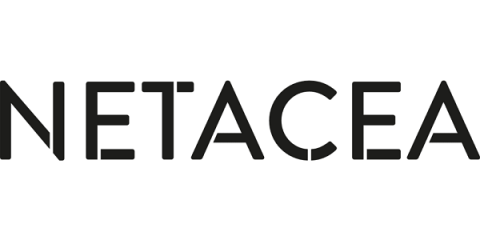Addressing the Cybersecurity Skills Shortage
In 2021, there were an estimated 4.19 million cybersecurity professionals in the workforce — an increase of more than 700,000 since 2020. This welcome growth suggests businesses are now taking online threats more seriously than ever. But while the cybersecurity workforce is growing, it’s still a long way from where it should be. Skills shortages in cybersecurity are currently the highest on record.










